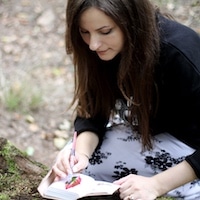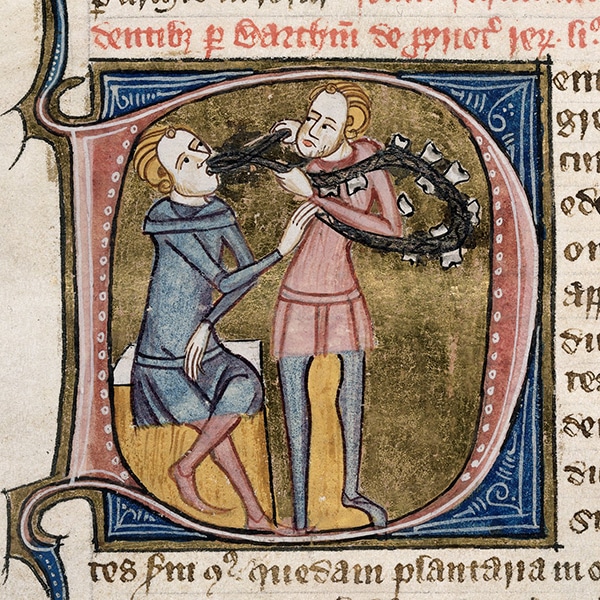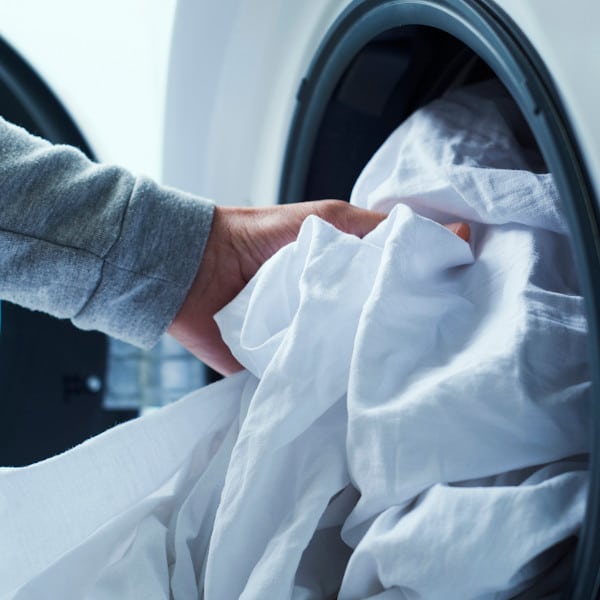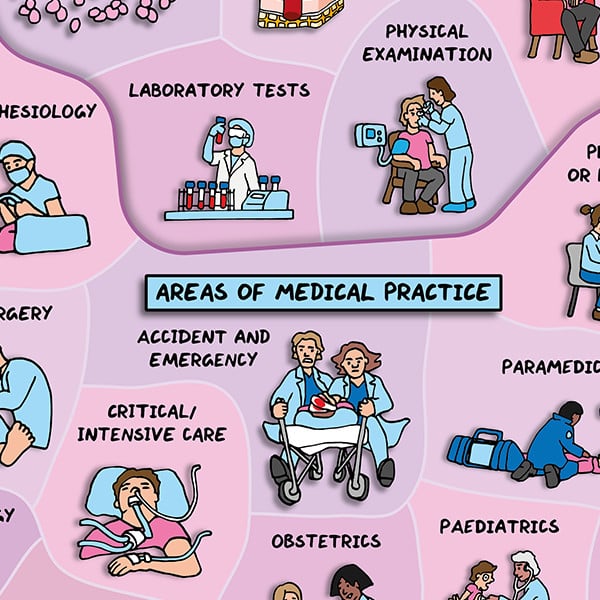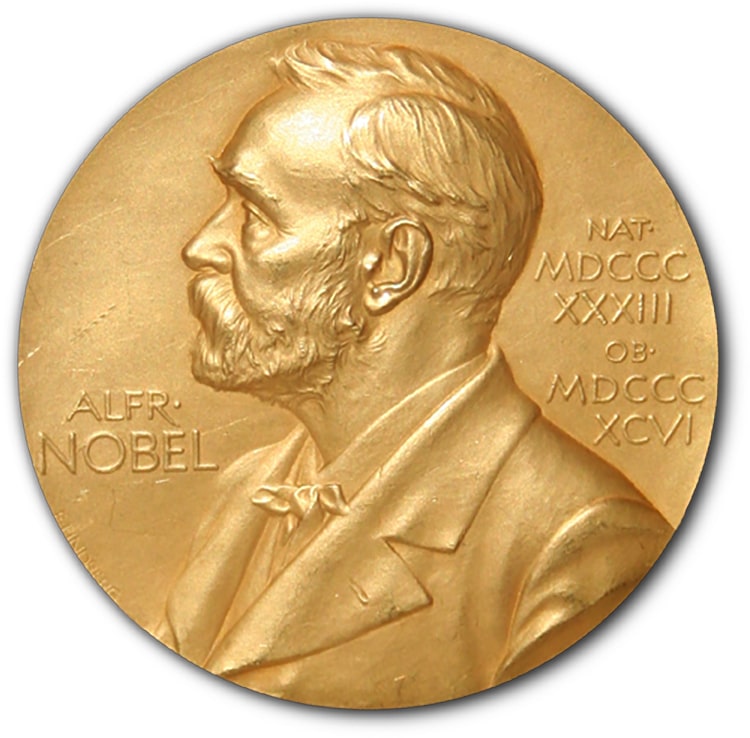
The Nobel Prize is the peak achievement in many fields. (Photo: Wikimedia Commons, Public domain)
Since 1901, Nobel Prizes have honored achievements which change the world. Laureates include Albert Einstein, Marie Curie, George Bernard Shaw, Ernest Hemingway, Niels Bohr, and Malala Yousafzai. These awardees spread their expertise across fields from Medicine to Physics to Peace. Yet relatively few of these Nobel Laureates existed in circumstances where their discovery was as publicly discussed as the mRNA vaccine developed in recent years to combat COVID-19. A raging global pandemic, rampant anti-vaccine misinformation, and the more mundane yet no less tricky technical barriers of scientific practice make the achievement of these scientists all the more impressive. Now, Katalin Karikó and Drew Weissman are being honored for their work towards the development of a COVID-19 mRNA vaccine with the Nobel Prize in Physiology or Medicine for 2023, awarded jointly.
The award, recently announced, comes almost four years after the airborne COVID-19 pandemic began. Spreading like wildfire around the globe and leaving millions dead, the race to develop a vaccine was virtually unprecedented in timeline, intensity, and universality. Vaccines were first developed in the 18th century and perfected in the 20th century to virtually eliminate many formerly common diseases. They were created with weakened or dead forms of a pathogen. Research into mRNA vaccines, a new approach, dates back almost to the discovery of mRNA itself in the 1960s. However, using mRNA (also known as messenger RNA) was not easy, as it had to be delivered into our very cells. Trials on mice took place in the 1990s, and human trials in the 2010s. However, the global pandemic changed the regulatory and scientific context, necessitating emergency authorizations of a vaccine which has since proved incredibly successful and safe.
Karikó and Weissman's contributions are described as discovering “nucleoside base modifications that enabled the development of effective mRNA vaccines against COVID-19,” according to the Nobel Committee in a press statement. “Through their groundbreaking findings, which have fundamentally changed our understanding of how mRNA interacts with our immune system, the laureates contributed to the unprecedented rate of vaccine development during one of the greatest threats to human health in modern times.” The two researchers are an ideal academic match, having worked together since meeting in the 1990s. “With Weissman’s background in immunology and Karikó’s expertise in RNA biochemistry, the two scientists complemented each other well and shared a passion for exploiting the use of mRNA in medical applications.”
Both new laureates are currently professors at the Perelman School of Medicine at the University of Pennsylvania. The Nobel Prize—while presitigious and valuable through its very name—comes with an award of 11 million Swedish kronor (slightly over US$1 million). With COVID-19 vaccine production becoming more regular like flu shots, mRNA technology will likely continue to influence new and improved vaccines for years to come. In a new age of vaccine skepticism and the unfortunate reappearance of diseases like polio in places where they were previously eradicated, cutting edge science is just as important as accurate public health information.
Distinguished scientists Katalin Karikó and Drew Weissman have been jointly awarded the Nobel Prize in Medicine for their work developing the mRNA vaccine technology that led the fight against COVID-19.
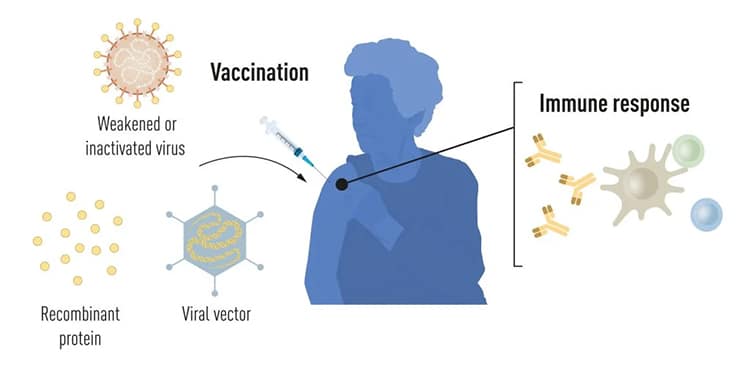
Before the COVID-19-inspired mRNA developments, thsi is how vaccines worked. (Photo: © The Nobel Committee for Physiology or Medicine. Ill. Mattias Karlén)
These researchers' discovery saved millions of lives.
h/t: [IFL Science]
Related Articles:
Two Women Are Awarded the Nobel Prize in Chemistry for the First Time in History
Who Was Marie Curie? Learn More About This Pioneering Nobel Prize Winner
Researchers Develop mRNA Treatment That Could Combat a Peanut Allergy
Study Finds Millions of mRNA Vaccines Produced No Immediate Severe Side Effects




















































